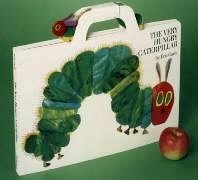
The Self-Help Guide for Special Kids and Their Parents
Versandkostenfrei!
Versandfertig in über 4 Wochen
36,99 €
inkl. MwSt.

PAYBACK Punkte
18 °P sammeln!
James Williams is an SP (special person) - he was diagnosed with autism in childhood. His mother, Joan Matthews, is an NP (normal person). As James grew up, his different perception of the world created problems. Together, he and his mother met the challenges with ingenuity and humour. This is a book of their practical solutions to those problems.












